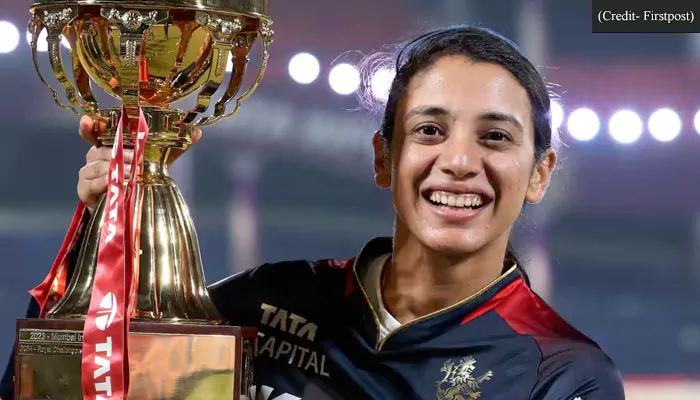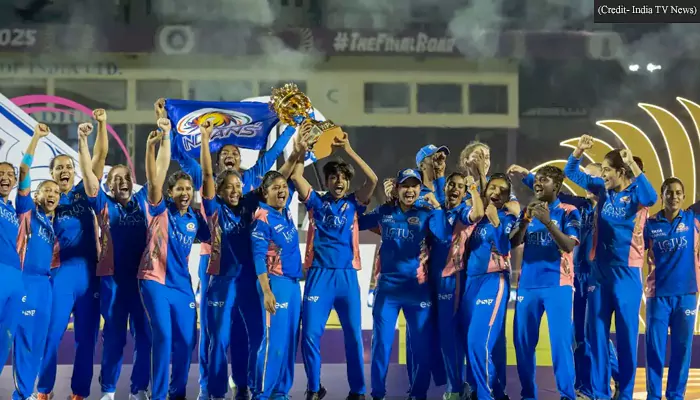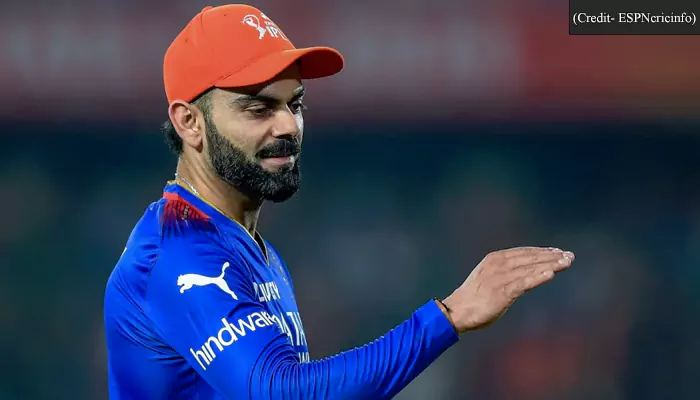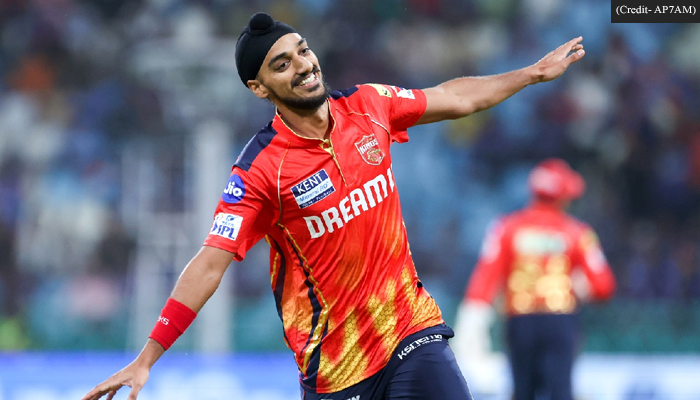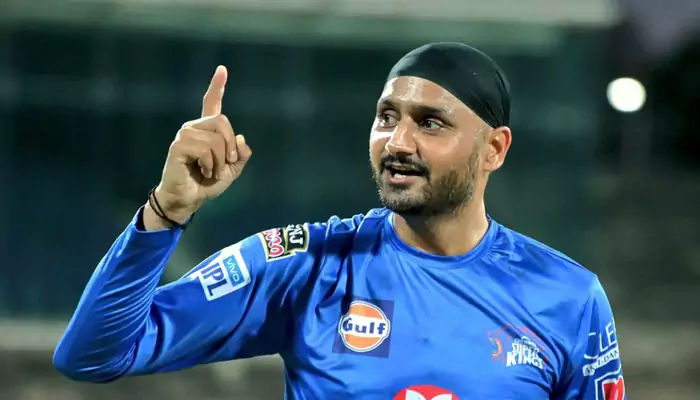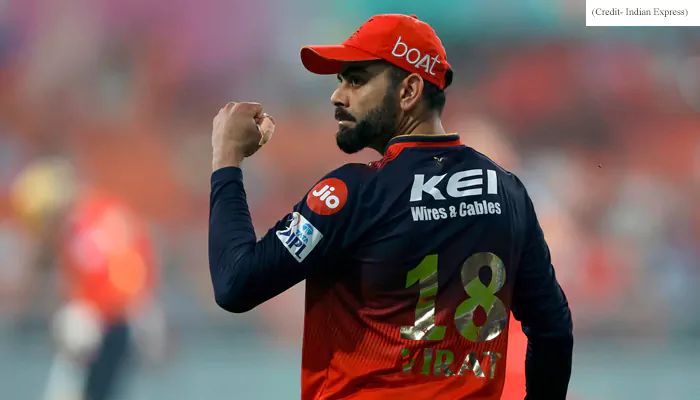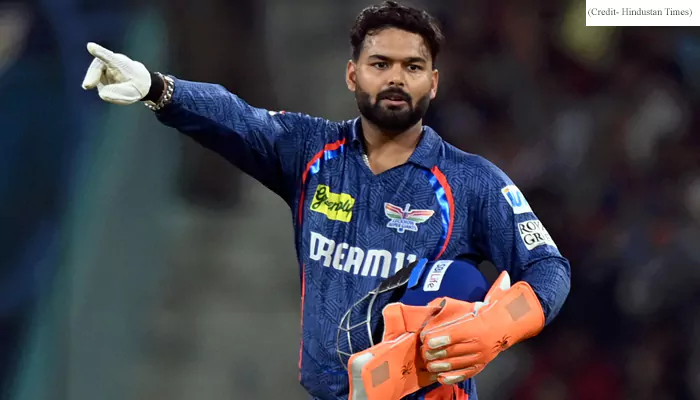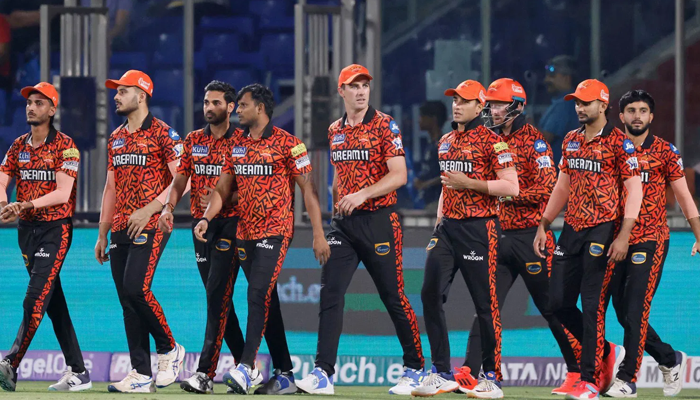BGT: Five Indian Batters Who Disrupted India’s Decade-Long Dominance Over Australia
- Sanchari Das
- 11 months ago
- 5 minutes read

India’s batters crumble under pressure as Australia clinches a historic series win
So, the inevitable has happened. India has lost the Border-Gavaskar Trophy (BGT) 2024-25 to Australia. For the first time in 10 years, the Aussies have defeated India in a Test series, ending a decade-long dominance. Despite a strong start with a victory in Perth, India’s campaign spiralled downhill. Losses in Adelaide, Melbourne, and Sydney meant India lost the series 1-3 and crashed out of the World Test Championship (WTC) final race.
Congratulations to our Australian Men's Cricket Team on regaining the Border-Gavaskar Trophy in an incredible series against India 🏆 #AUSvIND pic.twitter.com/lBpxgQiPxw
— Cricket Australia (@CricketAus) January 5, 2025
One of the biggest reasons for this defeat was the failure of the Indian batters. Their inability to tackle moving deliveries proved costly. Let’s look at the key batters who failed to deliver during this high-stakes series.
Virat Kohli In BGT 2024/25 pic.twitter.com/SiqZjQ0juG
— RVCJ Media (@RVCJ_FB) January 4, 2025
Virat Kohli
Virat Kohli’s form remained inconsistent throughout the series. Though he scored a century (100*), it wasn’t enough to salvage his overall performance. In nine innings, Kohli managed just 190 runs at an average of 23.75. His struggles against Australia’s pace attack were evident, especially his tendency to chase deliveries outside the off-stump. Fans and critics questioned his diminishing consistency and whether he still deserves a spot in the Test XI. For a player of his stature, the series was a major disappointment.
So Rohit Sharma ended BGT 2024 and most probably his test career with these stats.
— TukTuk Academy (@TukTuk_Academy) January 2, 2025
-Big setback for the academy 💔 pic.twitter.com/RjHK5Yv3Bb
Rohit Sharma
Indian skipper Rohit Sharma had a forgettable series, scoring a mere 31 runs in five innings at an abysmal average of 6.20. His failures as a top-order batter left India exposed early, leading to frequent collapses. Moreover, his captaincy faced significant scrutiny. After the first Test win under Jasprit Bumrah’s leadership, Rohit struggled to maintain momentum. Rumours of a fractured dressing room before the Sydney Test further tarnished his reputation. Both as a leader and a batter, Rohit’s series was nothing short of a disaster.
Shubman Gill’s scores outside Asia after his 90+ at Gabba:
— Vipin Tiwari (@Vipintiwari952) December 16, 2024
1, 28, 31, 10, 36, 26, 2, 29*, 10, 6, 18, 13, 4, 17, 0, 8, 28. pic.twitter.com/oYPsxc5390
Shubman Gill
Shubman Gill, touted as India’s next batting star, failed to make an impact. Across five matches, he scored just 93 runs at an average of 18.60. His inability to convert starts into meaningful scores was a recurring theme. Gill’s highest score of 31 came in the final Test, highlighting his lack of consistency. Experts pointed out technical flaws in his game, particularly against the moving ball. This series raised serious concerns about his readiness for the longest format of the game.
Rishabh Pant in BGT 2024- 37, 1, 21, 28, 9, 28,30
— Rosh🧢 (@samson_zype) January 2, 2025
Couldn't even cross 40 runs once in 7 inns
Whereas Dhruv Jurel scored 80, 68 vs Aus A in practice game before BGT also he's better keeper with more temperament as batter & should replace Pant in XI pic.twitter.com/8QZLUYQqfN
Dhruv Jurel
Youngster Dhruv Jurel’s introduction into the Test side didn’t go as planned. In his limited opportunities, Jurel managed just 38 runs across six innings. His performance in the first Test, where he was given a chance, fell far short of expectations. With seasoned players waiting for a spot in the playing XI, Jurel’s lack of impact didn’t help his case. To secure his place in the team, he needs to demonstrate better consistency and capitalise on the chances he gets.
Everyone, from captain Rohit Sharma to the GOAT Virat Kohli, faces relentless trolling after their failures. Yet, somehow, #RavindraJadeja always escapes scrutiny despite consistently failing miserably in almost every important match.
— Sincere Dibya (@TheSincereDude) January 5, 2025
It’s baffling how a player with so much… pic.twitter.com/z2ltLsM7CC
Ravindra Jadeja
After being benched for the first half of the series, Ravindra Jadeja’s return was expected to boost India’s chances. While he did score a crucial half-century at Gabba to help India draw a rain-affected game, his contributions declined thereafter. With the bat, he scored 135 runs at an average of 27. Jadeja’s performance was even more disappointing with the ball, claiming just four wickets across the series. His underwhelming all-round display left a void in India’s balance, especially after R Ashwin’s retirement.
A series to forget
The Border-Gavaskar Trophy 2024-25 exposed the weaknesses in India’s batting lineup. While Australia exploited the conditions brilliantly, India’s inability to adapt and overreliance on senior players proved costly. The series was a wake-up call for Indian cricket, highlighting the need for better preparation and a fresh approach. Addressing these glaring issues will be imperative if India hopes to regain its dominance.

